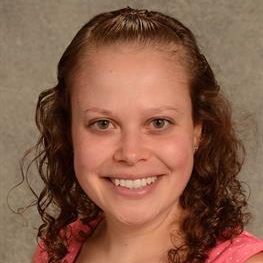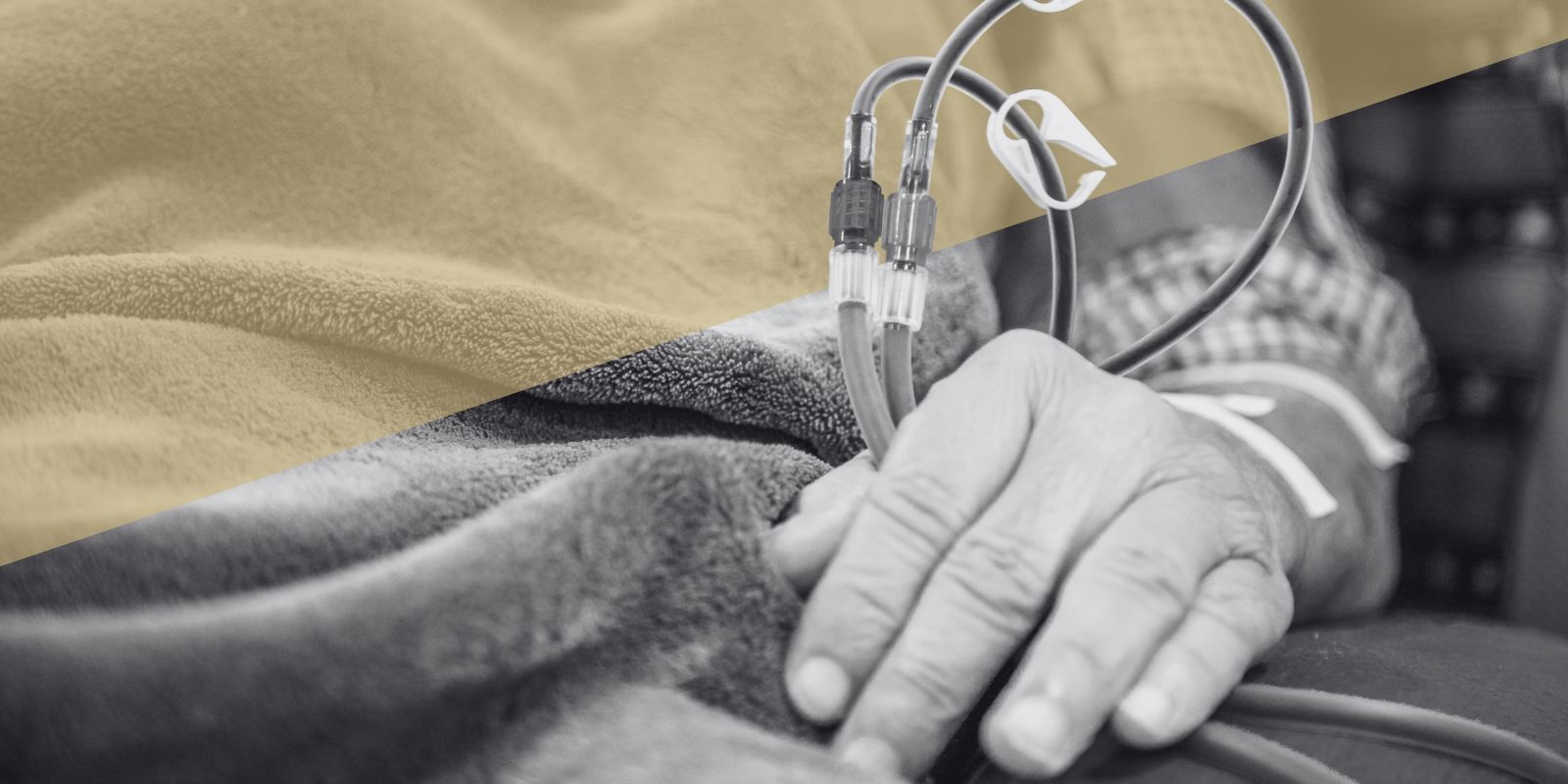Initiating conversations about nutrition and health behaviors with adolescents and young adults can be really difficult; as a health care provider, how do you navigate this?
Conversations about nutrition and health behaviors often start with a primary care provider building trust with their adolescent patient and establishing a relationship where that kind of openness is possible.
However, a health care provider can have a level of concern that doesn’t match the adolescent’s or the caregiver’s, so it’s important to first ask permission to have that conversation. In our Lifestyle Medicine clinic at Children’s Hospital Colorado we’ll ask, "Is it OK if I talk with you and your caregiver about how you’ve been growing?" or "Would it be alright if I show you your height and weight growth charts?" And if the adolescent or young adult says that’s not something they want to talk about, having built that relationship of trust might allow me to explore why that made them feel uncomfortable.
When working with adolescents, there is also an opportunity to excuse the parent or caregiver from the room, which can help to open up this conversation. It’s important to assess the adolescent’s level of readiness to talk about their health behaviors and to identify what their motivation is to have this discussion. Their personal goals may or may not be related to their body weight, shape, or size. Tailoring a conversation and interventions to match the individual’s goals is essential for ongoing engagement.
Adolescents and young adults are almost constantly bombarded with images and messages relating to physical appearance and weight loss, and they often merge with nutrition. How do you approach the conversation when an adolescent asks about trying a nutrition-based weight loss method?
We get asked about lots of different weight loss approaches. Some are grounded in science and others may be trending on TikTok that week. Our role is to help our young patients understand whether there are data to support the approach they are interested in trying and if it is safe. We try to be objective in presenting the good and the bad and the alternatives.
One example is a ketogenic “keto” diet. Medically, ketogenic diets work by switching the body’s primary fuel source from carbohydrate to fat. A byproduct of breaking down fat is ketone bodies. This is an appropriate approach for some, but may need to be medically monitored. Further, sustaining a true keto diet can be challenging and detours can be associated with large swings in body weight. So, if an adolescent has heard about it and has questions about wanting to try it, we want to be supportive of them taking more ownership of their nutrition and health behaviors but also to make as informed a decision as possible.
It’s more and more common to hear that youth are exposed to nutrition approaches from social media. So within our conversation, we may also include how to assess whether something is trustworthy, and provide examples of resources that are.
A significant amount of your research has focused on adolescent bariatric surgery and pharmacotherapy to treat obesity. As these therapies become more common, are adolescents and caregivers more curious about and receptive to them?
There’s a growing evidence base, and people are becoming more aware, that many factors influence weight – our biology, genetics, cultural norms, and the environment, which all interact. We’re trying to better understand how these factors influence both the risks of developing weight-related complications and treatment response at an individual level. The science underlying metabolism and weight regulation is complex and extends far beyond what we eat and how much activity we get. Therapies like medication and surgery help to treat the underlying mechanisms of excess weight, just like how we treat many other chronic diseases.
So, adolescents, caregivers, and health care providers have access to a lot of information and there’s a growing awareness of treatment options, but this can be undermined by persistent societal beliefs about excess weight being the result of personal choice, and the stigma that goes along with that. There’s a lot of guilt that many of our families come in with – this feeling that they’re choosing the “easy way out” if they use a medication or opt for surgery. This feeling of judgment related to weight is different than other chronic diseases like hypertension or type 2 diabetes or high cholesterol.
In general, there’s a level of appreciation from families that medications and surgery can be used as tools to boost the effects of fundamental lifestyle changes and to decrease barriers to implementing these changes. However, the messaging is so strong that there’s more they could do, if they just tried harder. Families carry this burden and youth internalize the messaging that they’re at fault, which takes a significant toll.
Adolescents also may be influenced by a growing body positivity movement across social media, so how do you have conversations that center more on evidence-based health outcomes rather than appearance or numbers on the scale?
Supporting body positivity and modifying behaviors to live healthier are not mutually exclusive.
Somebody’s desire to change a health behavior may be driven by improving endurance for a sport or hobby they love, or to improve their energy, or to follow a dietary pattern with less of an environmental impact, and isn’t necessarily tied to a change in physical appearance, even though that could be one possible result. These goals can be pursued and supported independent of a focus on weight, shape, or size.
I work with some adolescents who say, "I’m happy with what I look like and who I am, and I don’t want you to tell me I need to change my appearance," or that their size or shape is a core part of their identity. But, I work with other adolescents who clearly express a desire to change their size or shape for a variety of reasons. Treatment plans can be individualized for either, individual choice should be respected, and supporting healthy behaviors that promote physical and mental health are relevant for both.
Until we have more precise diagnostic tools in pediatrics that allow us to accurately predict which youth will develop which future weight-related complications (e.g. coronary artery disease, diabetes, polycystic ovary syndrome, or fatty liver disease), it is still important to screen for these complications to be able to appropriately risk stratify and minimize downstream morbidity and mortality.
What advice would you offer adolescents and caregivers about having conversations about nutrition and health behaviors, especially ones that don’t focus on weight?
Adults have an important role here, and one of the simple things we can alter is the language that we’re using. It’s important for health care providers and for adult family members to consistently model healthy language. That includes how we talk about ourselves and having an increased awareness of things we say unthinkingly – “I feel fat” or using nicknames that call out physical appearance. And, we should use person-first language (e.g. person who struggles with weight instead of obese person).
Creating a support system within a family unit is very important, so that nobody feels singled out and that everyone is committed to making changes to improve nutrition or health behaviors. Achieving that buy-in from adult caregivers sends the message of solidarity.
The most important thing is to treat our adolescents with respect and with an understanding that these topics are quite sensitive. We need to ask permission, we need to listen and not tell adolescents how or what they should be feeling, and we need to support them in developing healthy habits that support their physical and mental wellbeing.





